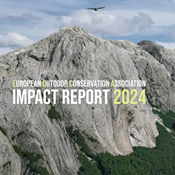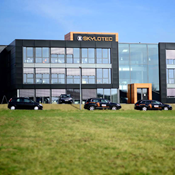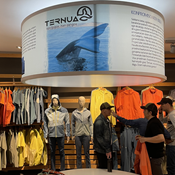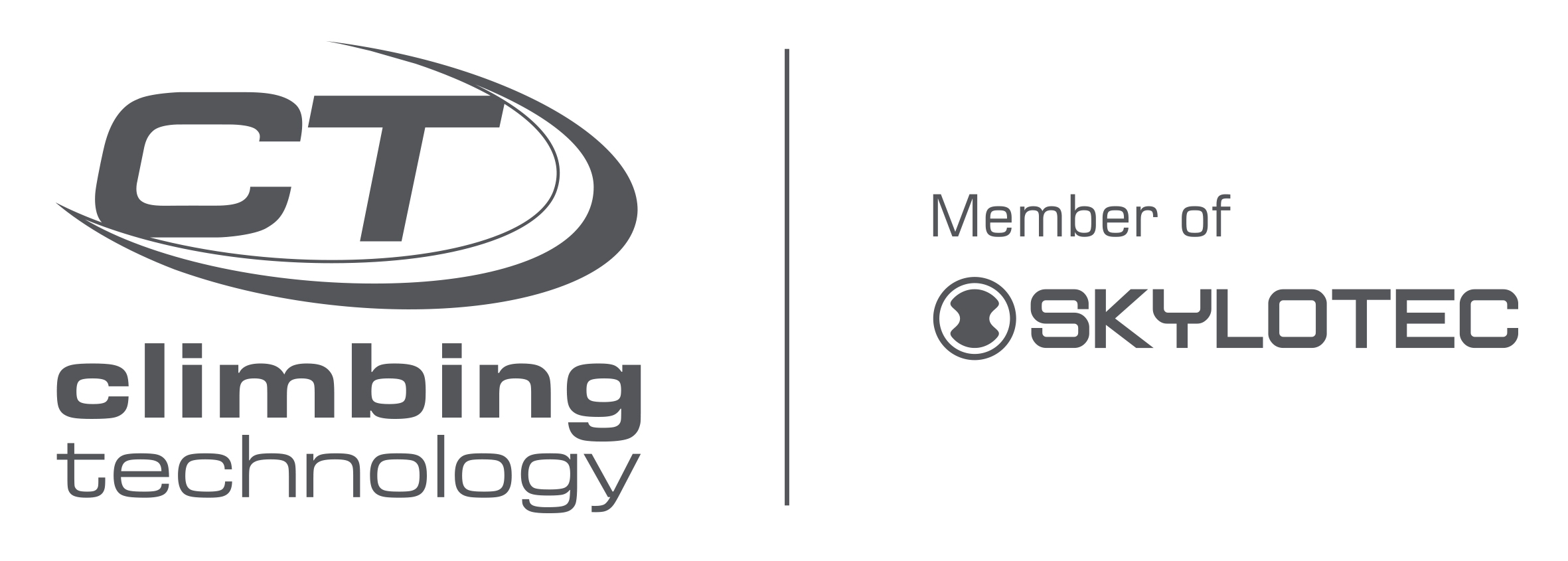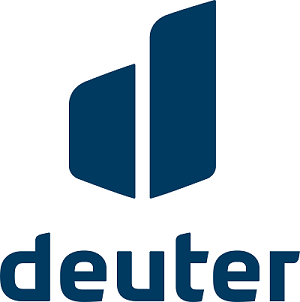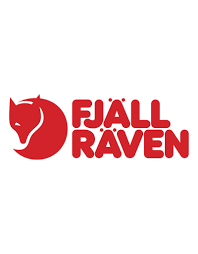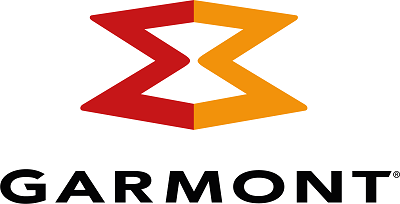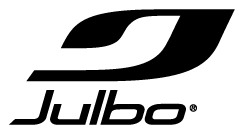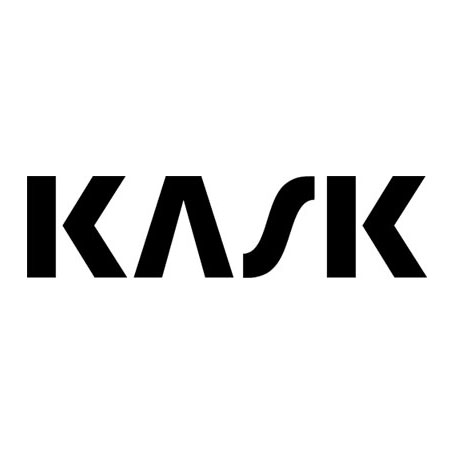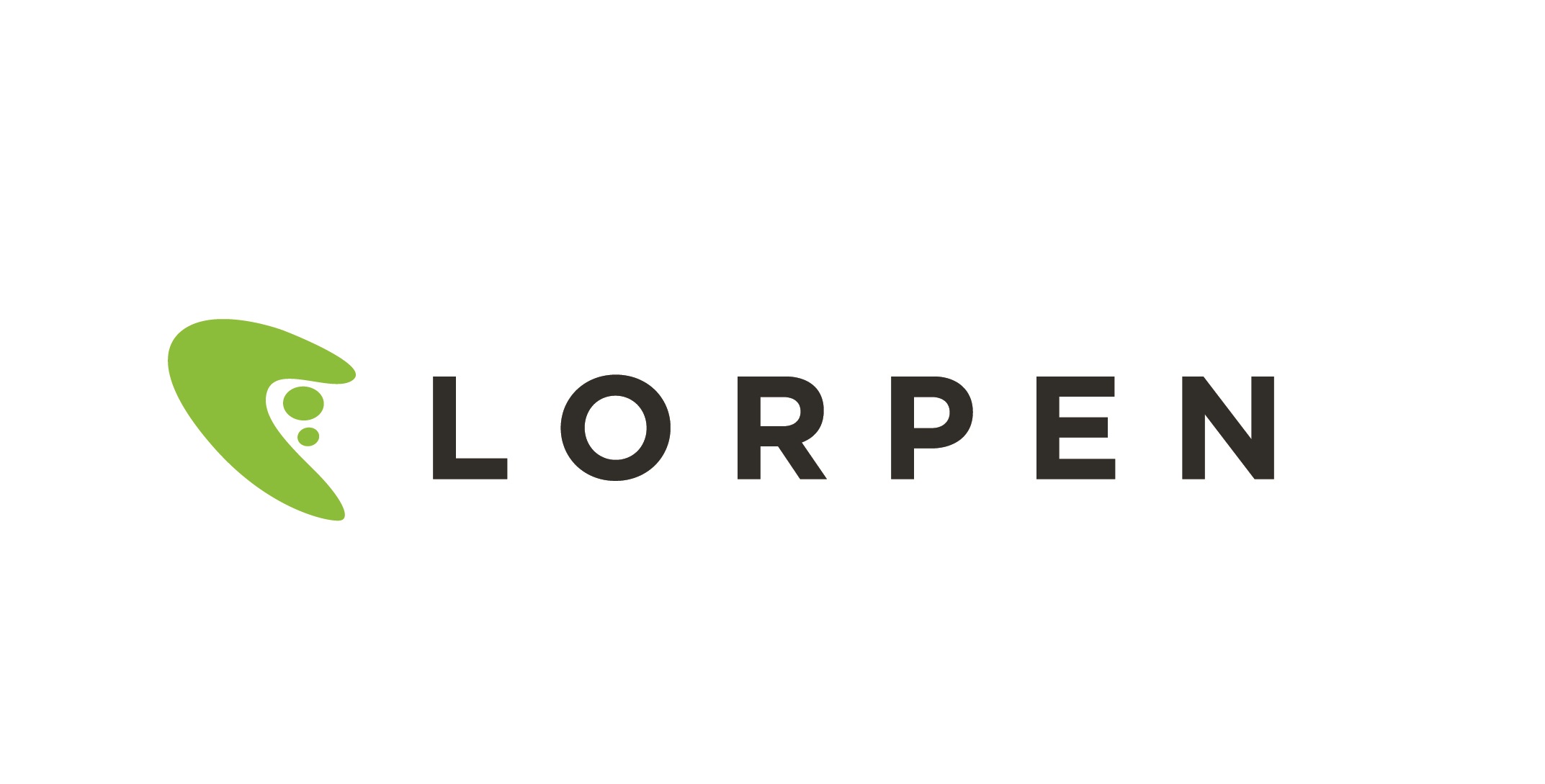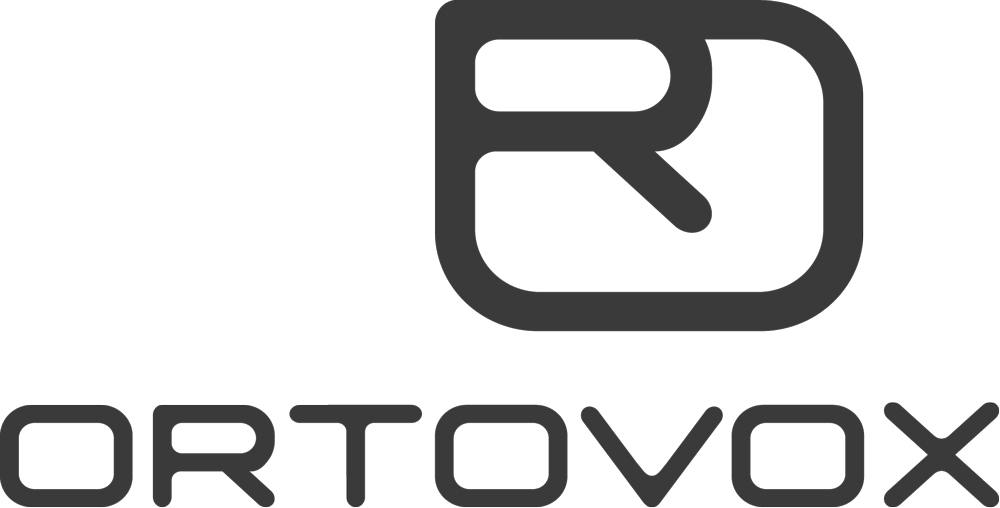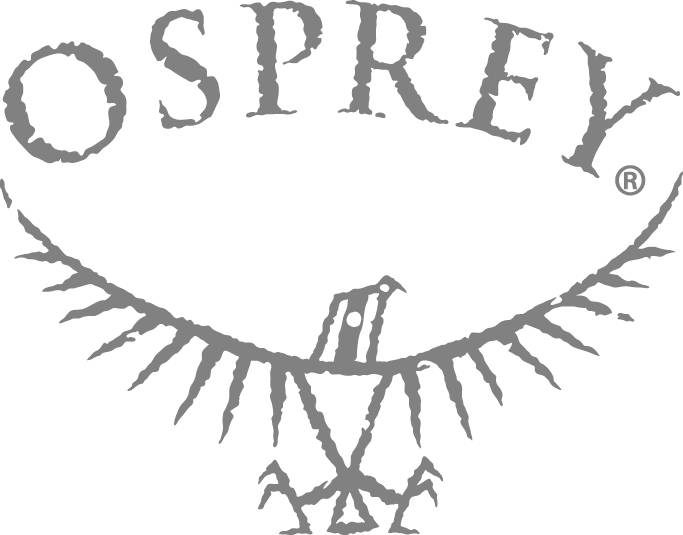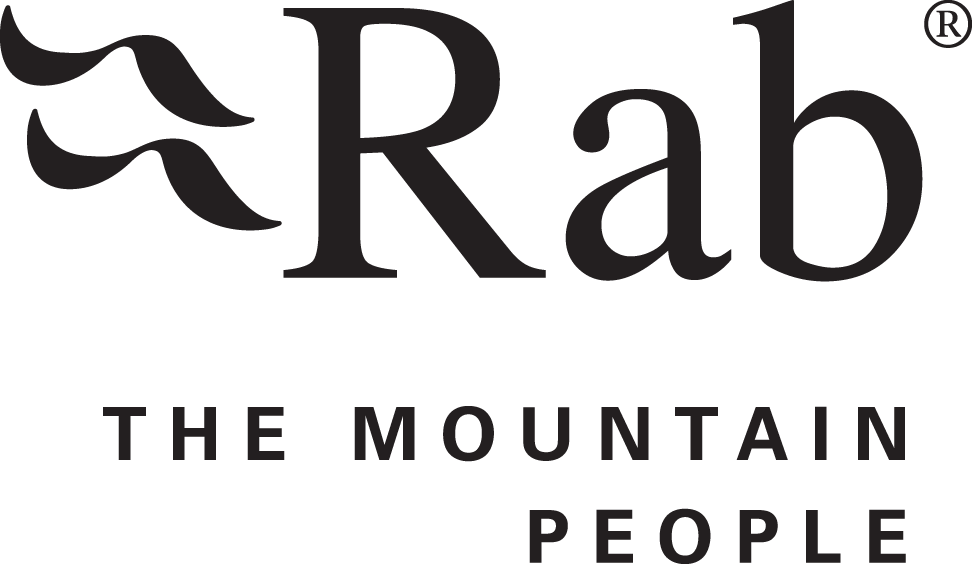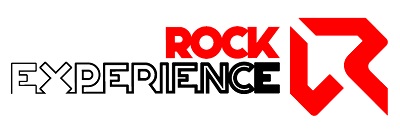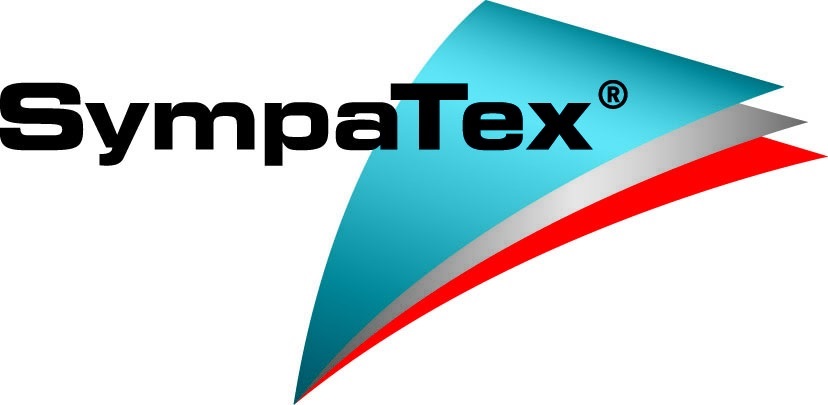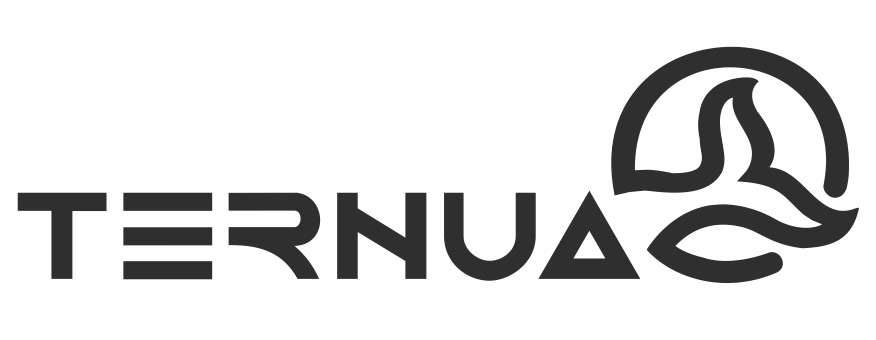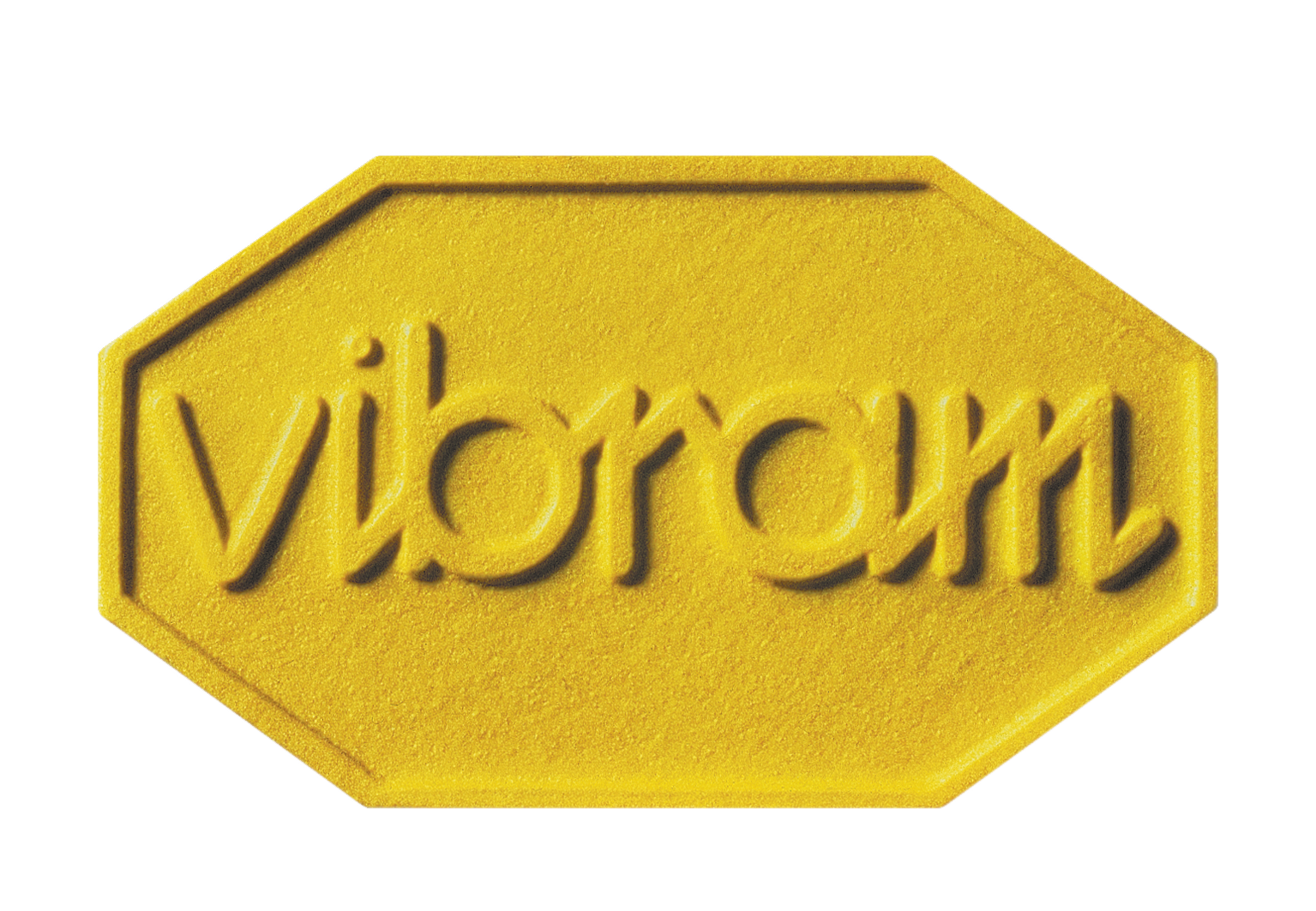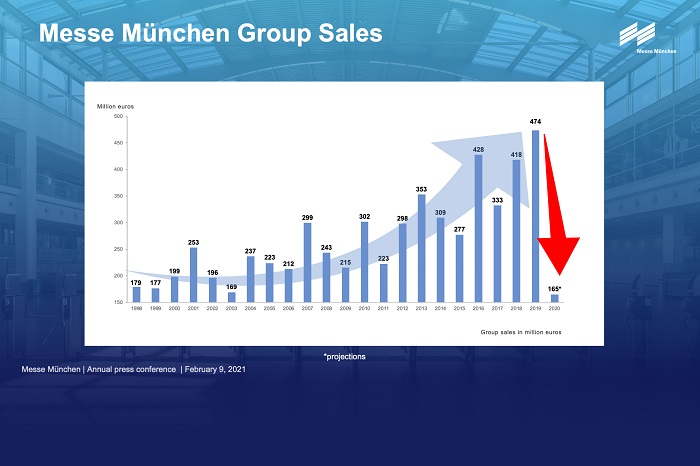
The previous year posed major challenges for the international trade fair industry. Owing to the coronavirus pandemic, the majority of trade fairs had to be canceled, resulting in huge losses of revenue. Messe München, too, had to cancel more than 20 events, including four world-leading trade fairs. Nevertheless, Messe München is confident for the future. Innovative digital formats and products will expand the existing portfolio.
Since the spring of 2020, the coronavirus pandemic has made classic trade fairs virtually impossible around the world. In 2020, the total number of Messe München exhibitors was around 23,000 worldwide. In Germany, only six of the company’s planned 15 own trade fairs actually took place in person; the number of exhibitors was 7,056 (-6 percent compared to previous events) and there were 288,023 visitors (-11 percent compared to previous events). The 15 trade fairs from the Messe München portfolio that were able to take place abroad saw nearly 500,000 visitors and 10,747 exhibitors. The 14 digital Messe München events with a total of 583 exhibitors reached over 38,000 unique users (visitors). With 94 million euros, the projected turnover of Messe München GmbH is 70 percent below target (302 million euros). This loss in revenue has had dramatic effects on the regional economy. After all, every euro earned by Messe München GmbH generates €10 of purchasing power across the country. In Bavaria, purchasing power collapsed by an estimated 1.9 billion euros; 16,000 jobs could be affected and tax revenue is estimated to decrease by 179 million euros.
STARTING FROM A STRONG POSITION
“For Messe München, 2020 was like an emergency stop in the fast lane,” said Klaus Dittrich, Chairman of the Board of Management at Messe München. 2019 was a record year as Messe München moved into fifth place of the world’s biggest trade fair organizers. “It’s a blessing in disguise that the pandemic struck when we were in a strong position,” added Klaus Dittrich. “When business was good, we rigorously implemented our strategy and further developed our offerings and skills.” During the coronavirus year, the internationalization of Messe München had a noticeably positive effect and Messe München’s successful international companies supported the group’s liquidity.
SETTING THE RIGHT COURSE EARLY ON
In recent years, Messe München has systematically pressed ahead with digitalization. This allowed the company to quickly create 14 digital events after numerous trade fairs had to be canceled in 2020, such as ISPO ReStart.Days, Analytica virtual and IFAT Impact. More than 38,000 visitors took part in these virtual events. “We went through an extremely steep learning curve last year, COVID-19 was a turbo accelerator for further digitalization,” said Klaus Dittrich.
To counter the dramatic decline in turnover, Messe München immediately created an efficiency program with more than 900 individual measures, which reduced material costs by 30 percent. Due to the persistent decline in revenue, personnel costs now also need to be cut. Negotiations with the works committee are currently underway to find socially acceptable solutions for the planned cut of around 170 jobs.
Moreover, it is clear to Messe München that there is no going back to the pre-pandemic business model. In addition to the lasting social and economic effects of the pandemic, the trade fair business itself will be permanently changed. For this reason, the company needs to prepare for new challenges. Consistent customer orientation, agility, flexibility and an even stronger focus on digitalization are the goals of the pending reorganization.
FURTHER DEVELOPMENT OF THE BUSINESS MODEL—THE WAY OUT OF THE CRISIS
“The coronavirus crisis is a natural disaster, but together, we will overcome this debacle,” said Klaus Dittrich, Chairman and CEO of Messe München GmbH. “We have reacted quickly and resolutely—and have made a few consistent decisions—which is why there is a good chance we will come out of this pandemic even stronger. We are focusing on the further development of our current business model. For us, digitalization is no longer merely a specialist matter. It needs to be anchored firmly in our company. Here, we are certainly pioneers in the market,” said Klaus Dittrich.
“Our business model centers on connecting people. We no longer see ourselves only as lessors of hall space, but as managers of platforms—in physical form at a trade fair or in digital form, 365 days a year. The pandemic has reinforced this trend: We’re facing radical changes, as with the smartphone in the last few years. In the past, it was only used to make mobile calls. Nowadays, you can also use your smartphone to take pictures, listen to music, navigate, watch TV, play games or track your health. Up until now, our core business was the letting of exhibition space. As with smartphones, we now have to create additional digital offers that create real added value for our customers,” explained Klaus Dittrich. “Our future success depends clearly on strategies, skills and products—but the attitude with which we accept and shape this future will be paramount. The entire trade fair industry faces a great cultural change.”
INCREASED EFFORTS FOR A “GREEN FAIR”
In addition to digitalization, Messe München will focus even more on sustainability in the future. The company plans to develop climate-neutral offerings—at the trade fair itself, regarding the infrastructure, but also when people travel to and from the site and stay in Munich.
“After the pandemic, people will want to meet up and talk in person more than ever before. I no longer just believe in the future of trade fairs, the coronavirus crisis has proven that they have a future,” said Klaus Dittrich. “That’s why we feel confident about the future.”
INFO:






